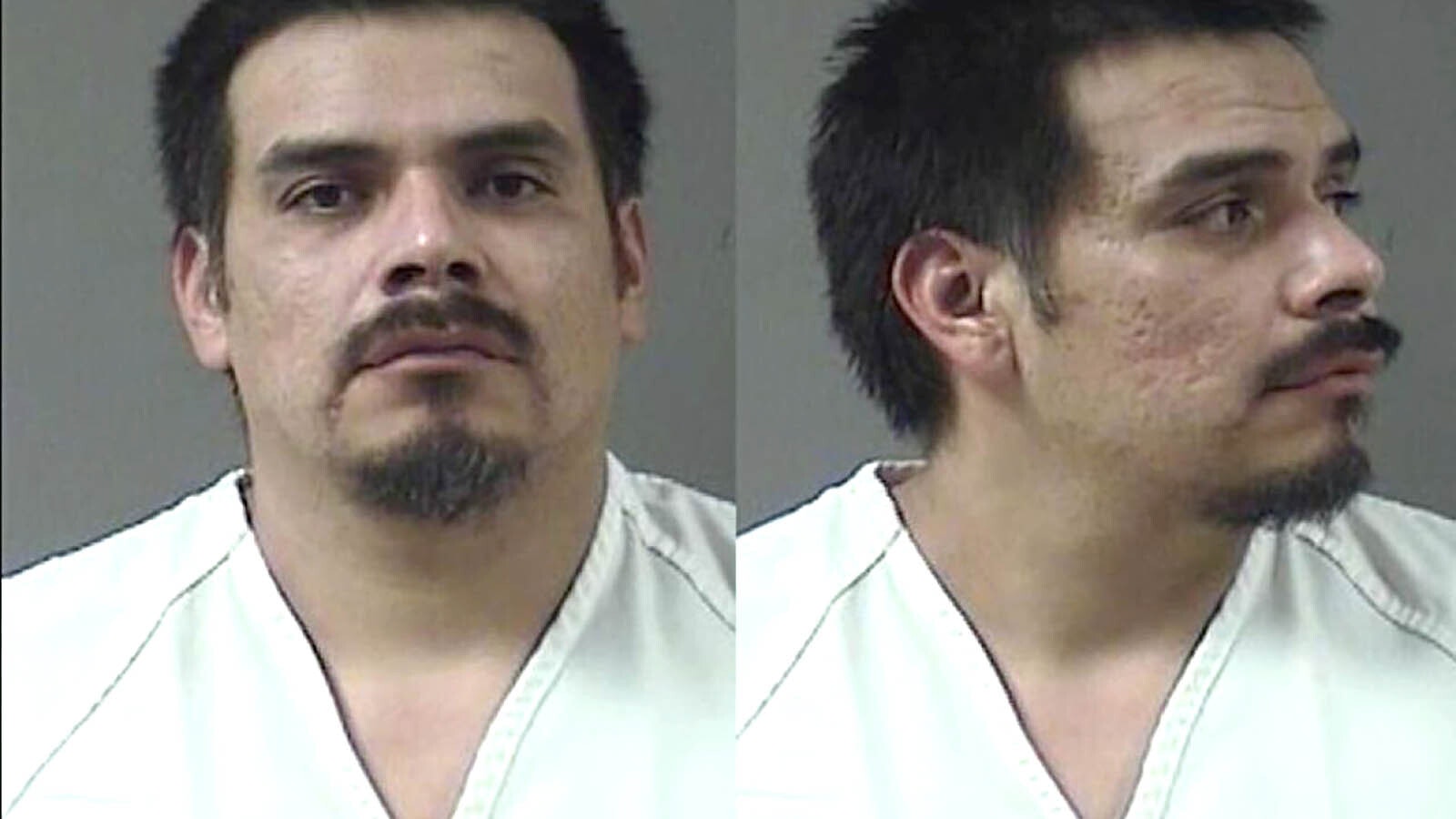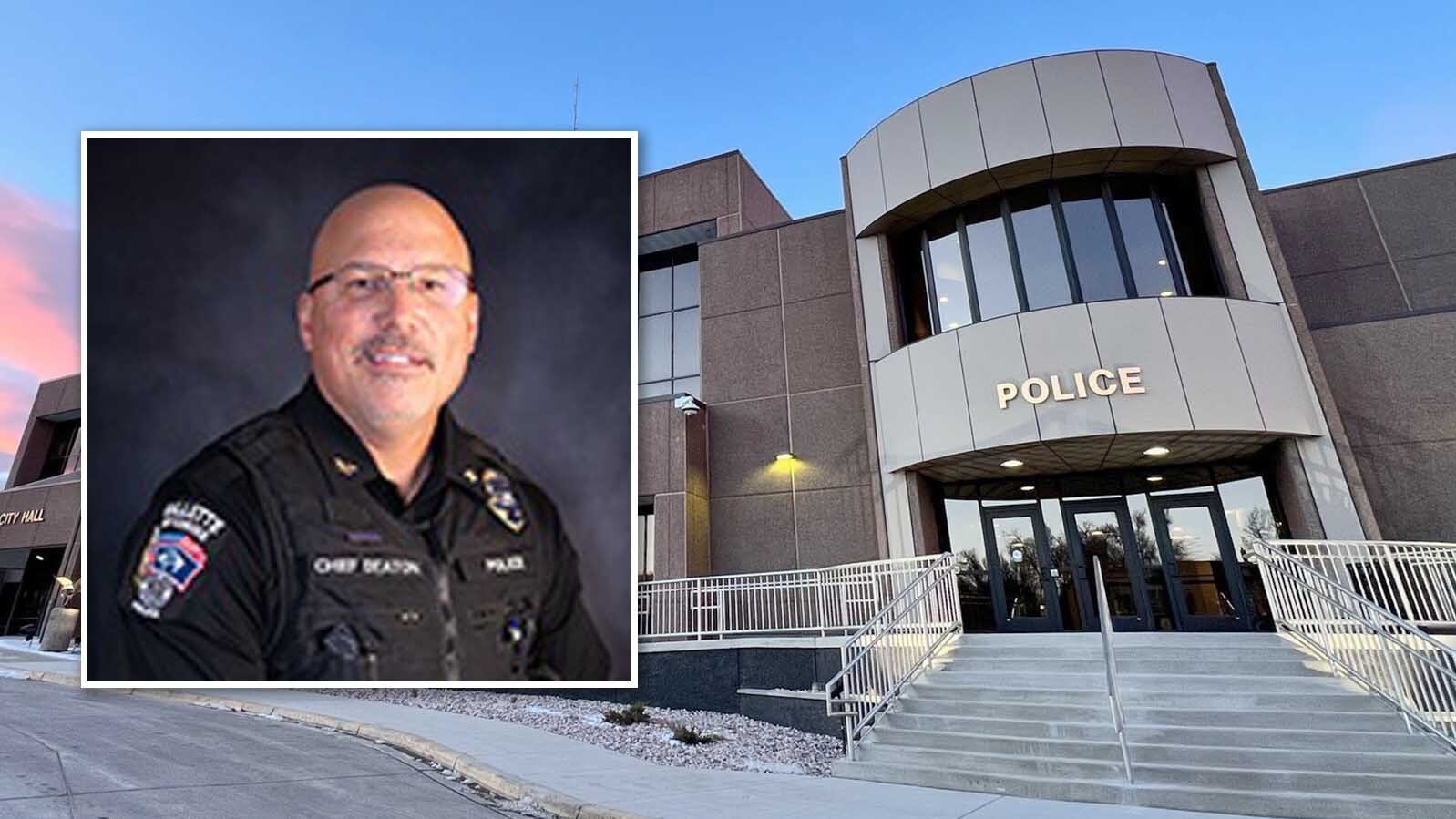A Billings man known for his Supreme Court tribal hunting rights victory over the state of Wyoming will spend at least the next 10 years in prison for possessing child pornography.
The U.S. Supreme Court ruled in 2019 that when Wyoming became a state in 1890, the act did not void Crow Tribal members’ treaty right to hunt on the “unoccupied lands” of the United States, a decision that apparently also extends to the Eastern Shoshone Tribe of Wyoming.
But after his court victory, Herrera fell under Billings Police Department and Drug Enforcement Agency scrutiny.
Started As A Drug Bust
Yellowstone County District Court Judge Mary Jane Knisely recently sentenced Clayvin Herrera to 10 years in prison, plus another 20-year probation term for which he could go back to prison for breaking, according to a judgment order filed July 25.
Herrera delayed his trial multiple times during the three-year case dating back to a 2020 traffic stop.
Law enforcement agents monitored activity at Herrera’s home after it was flagged for suspected drug activity in March 2020, according to court documents.
When Herrera and three passengers left the home in a white Ford Fusion, a Billings Police Department officer followed.
Herrera cut off another car at an intersection, so the officer performed a traffic stop.
The officer spotted a syringe cap on the car’s center console and a torch lighter on the driver’s side floorboard, according to court documents.
A drug-detection dog alerted to narcotics scent in the car.
Police seized the car and arrested Herrera. They found two syringes on him when they booked him into the Yellowstone County Detention Facility.
A further search of the vehicle revealed a disassembled rifle, three small baggies containing suspected methamphetamine residue and two cellphones.
Then, A Mass Photo Cache
Police searched Herrera’s phone in May 2020 and discovered 850 images of “child explicit material,” court documents say, especially prepubescent girls performing sex acts for adult males.
In Montana, child pornography possession is charged as child sex abuse, a felony punishable by up to 100 years in prison and a fine of $10,000.
Herrera originally faced a meth possession charge, punishable by up to five years in prison and $5,000 in fines.
Drug Charges Dropped
The prosecutor dropped the drug charge, after Herrera struck a plea agreement recommending 15 years in prison and 15 probation on the child sex abuse charges.
At his June sentencing hearing Knisely went with the 10- to 20-year split instead, with the lesser portion to be spent in prison.
The three remaining charges were child sexual abuse charges for possessing child pornography.
Treaty Right
Herrera made headlines in 2019 when the U.S. Supreme Court ruled on his poaching case, saying that as a Crow Tribal member, he has a treaty right to hunt on “unoccupied lands” of the United States.
Wyoming’s entrance into the Union didn’t change that, the high court decided.
The ruling was promising for all Crow Tribal members and for the Eastern Shoshone Tribe, whose treaty with the U.S. Government matches the Crow’s treaty language on hunting rights.
The case started when Wyoming officials caught Herrera poaching in the Big Horn National forest and charged him January 2014.
Wyoming Game and Fish officials linked Herrera to various dead elk, some of which were missing their heads while their meaty carcasses were abandoned in the field, according to Supreme Court Justice Samuel Alito, who penned the dissenting opinion in the case.
The majority ruling by Justice Sonia Sotomayor tells it differently:
“Herrera and other Tribe members pursued a group of elk past the boundary of the (Montana) reservation and into the neighboring Bighorn National Forest in Wyoming. They shot several bull elk and returned to Montana with the meat,” reads Sotomayor’s majority opinion on the case.
Either way, the high court upheld the Crow treaty right, but asked the Wyoming judicial system to rule on remaining factors, such as whether the Big Horn National Forest could be considered “unoccupied” and how far Wyoming's necessity to conserve wildlife goes.
Kit Wendtland, Gov. Mark Gordon’s tribal policy director, could not be reached immediately Friday afternoon to give an update on the remaining legal issues in Herrera vs. Wyoming.
Clair McFarland can be reached at clair@cowboystatedaily.com.





